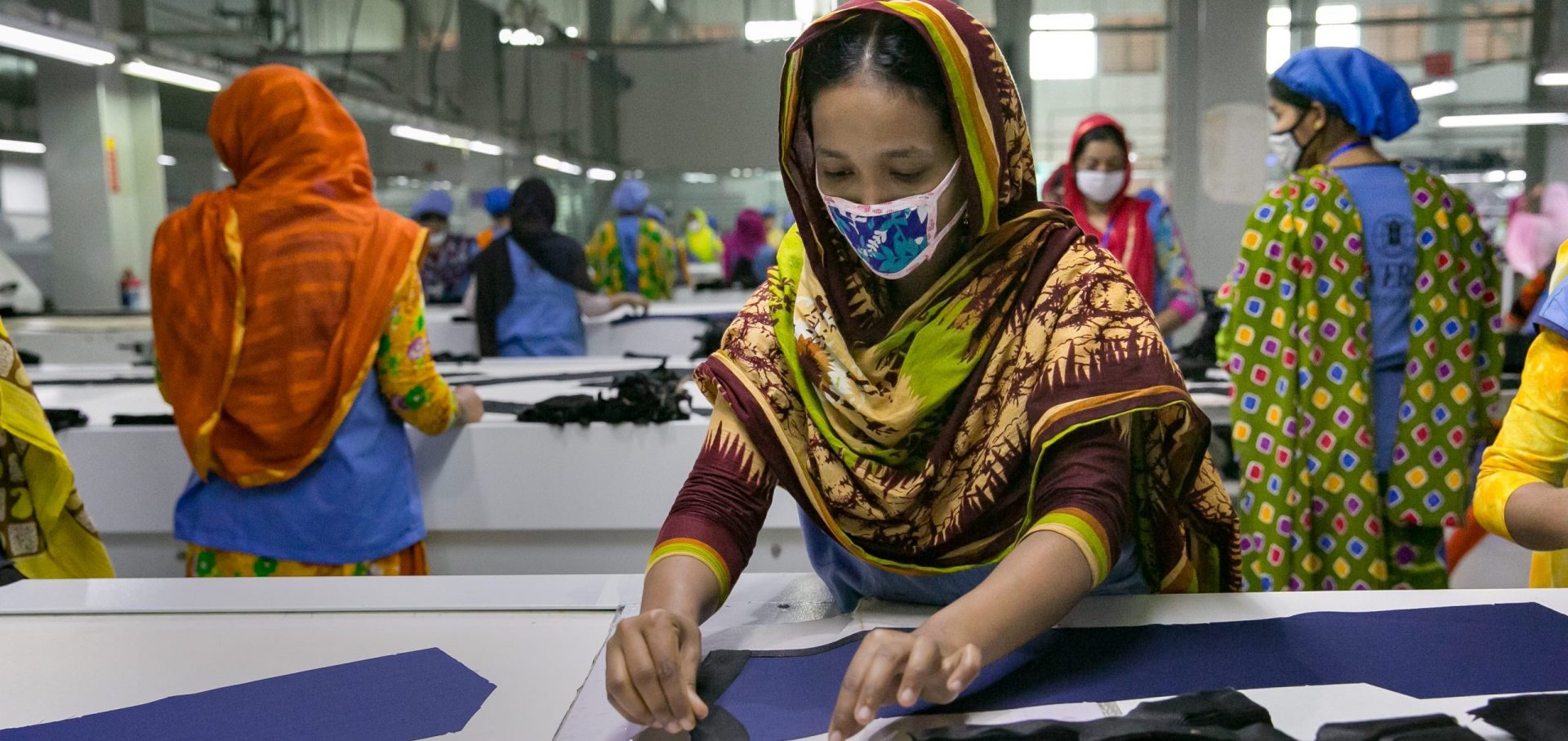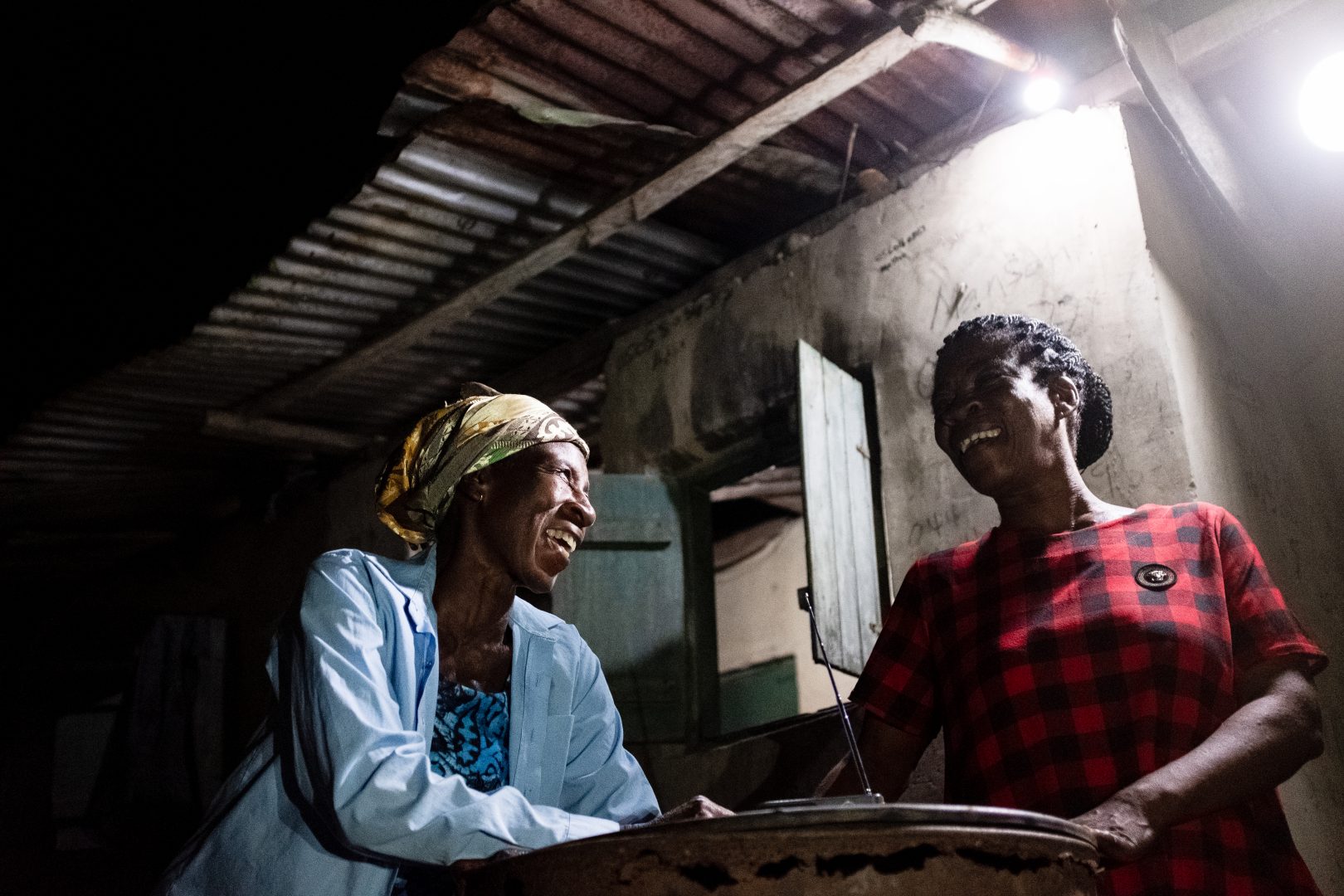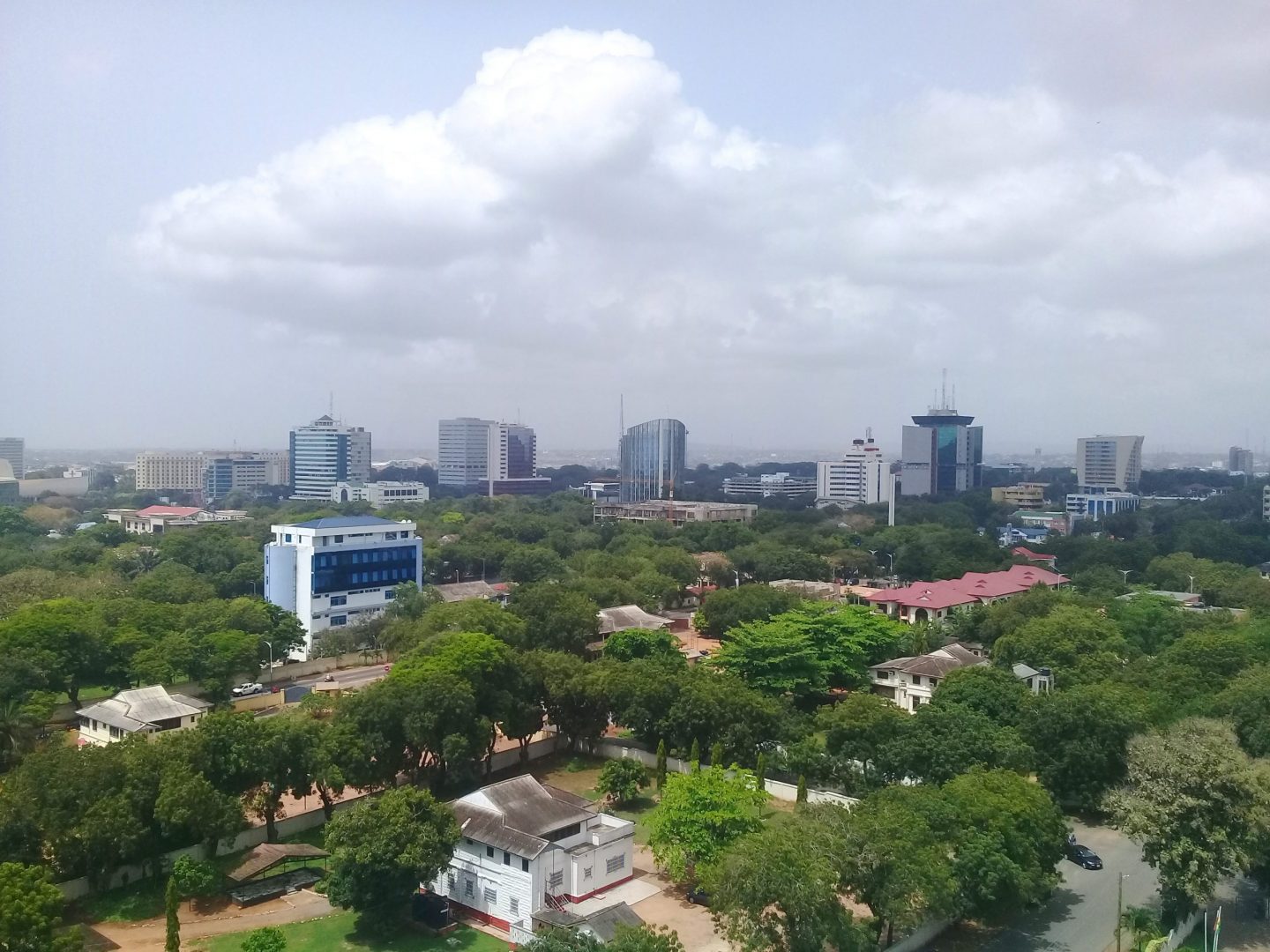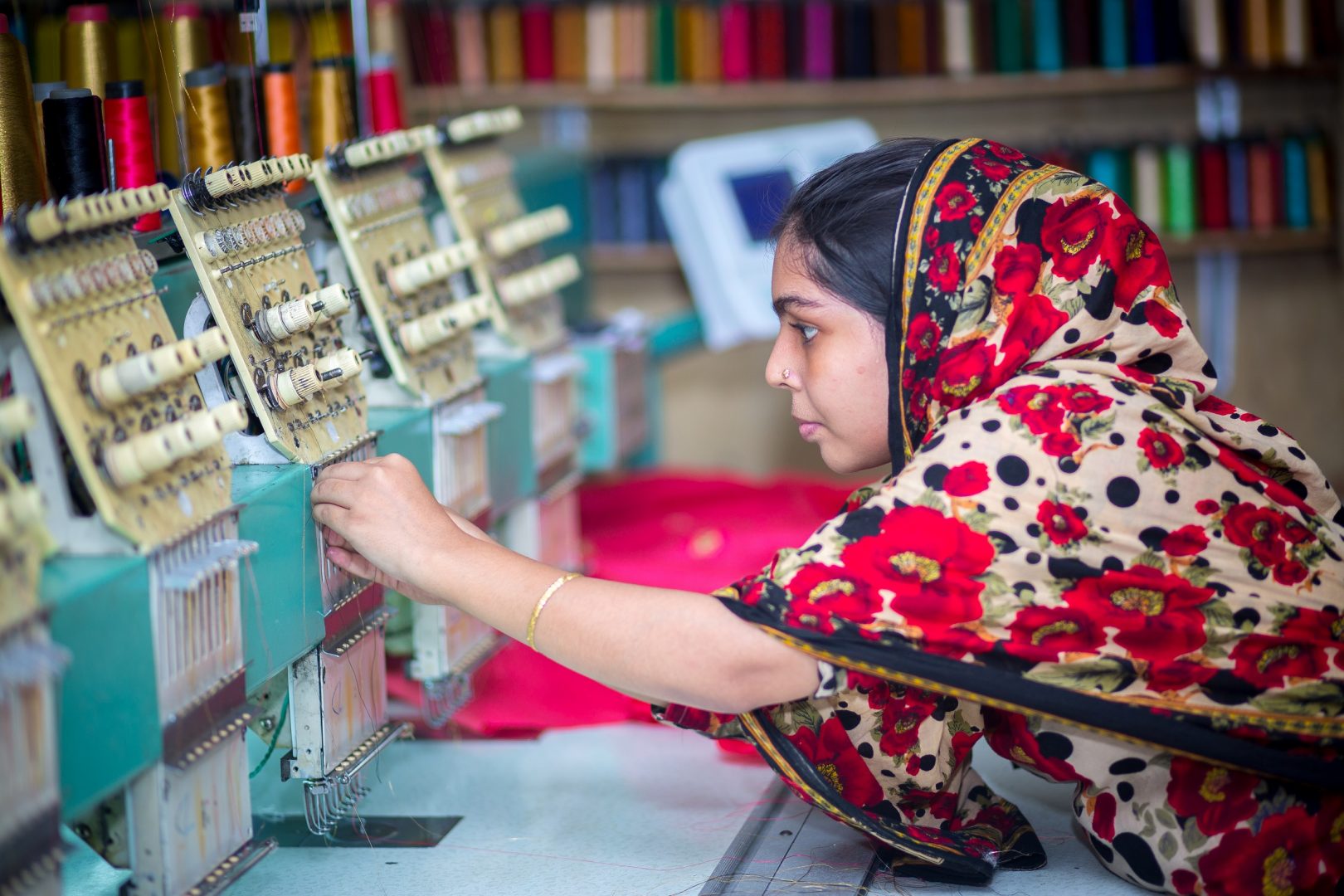The European Bank for Reconstruction and Development (EBRD), International Finance Corporation (IFC) and UK development finance institution CDC Group (CDC) launched today practical guidance to support primarily the private sector in efforts to address gender-based violence and harassment (GBVH).
This form of violence and harassment is a systemic and serious global issue that affects individuals in their workplaces, communities and homes. Although it can affect anyone, it disproportionately affects women and girls. Worldwide, an estimated one in three women have experienced some form of physical or sexual violence.
In recent years, private sector companies and investors have increasingly recognised gender-based violence and harassment as a serious issue that needs to be addressed. Adequate action can help prevent this issue or mitigate the adverse impacts on survivors and on companies and investors.
The publication, Addressing Gender-Based Violence and Harassment – Emerging Good Practice for the Private Sector, responds to the need raised by companies and investors for practical tools and guidance on emerging best practices to prevent and respond to the risk of violence and harassment.
“The global estimates of GBVH are staggering, as are the emotional and psychological impacts felt by those affected,” said Mary Porter Peschka, Director, Environmental, Social and Governance (ESG) Advice and Solutions at IFC. “GBVH risks are present in every country and every sector. The new publication released today fills a critical information gap expressed by companies and investors – the need for practical steps and tools to help identify GBVH risks, implement prevention strategies and take early action.”
In addition, gendered violence and harassment, in particular domestic violence, increase during public health emergencies such as the Covid-19 pandemic, further compounding the adverse impacts on employees’ wellbeing, health and safety, and productivity. The United Nations Population Fund impact assessments estimate that an additional 31 million cases of gender-based violence were perpetrated in the first six months alone of the coronavirus pandemic.
“CDC recognises the impact of GBVH and the urgency of addressing a significant and systemic challenge in our markets. This urgency has increased in the wake of Covid-19 as the pandemic has increased the vulnerability of many workers and we know that this also increases risks of GBVH in the workplace and supply chains,” said Mark Eckstein, ESG Director at CDC Group.
For companies and investors, violence and harassment can pose a range of risks, including litigation, loss of profits and reputational damage. Addressing the risks can have many business benefits, including improved productivity and performance, reduced potential for accidents, improved access to skills and talent, and better stakeholder relations.
Alistair Clark, EBRD Managing Director, Environment and Social Sustainability, said: “This publication is an important milestone towards delivering on our commitment to prevent GBVH and to support our clients with the development and implementation of policies and mechanisms that address related risks.”
“This work will also contribute to aligning our clients’ operations with the provisions of the International Labour Organization’s Convention No. 190 on eliminating violence and harassment in the world of work, which will take effect in 2021,” he added.
In addition to the main publication, the EBRD, IFC and CDC Group have also developed three sector-level briefs covering the specific risks and benefits of addressing GBVH in the public transport, manufacturing, construction, education, agribusiness and hotels, catering and tourism (HCT) sectors.
About CDC
CDC Group is the world’s first impact investor with over 70 years of experience of successfully supporting the sustainable, long-term growth of businesses in South Asia and Africa. CDC is a UK champion of the UN’s Sustainable Development Goals – the global blueprint to achieve a better and more sustainable future for us all. The company has investments in over 1,200 businesses in emerging economies and a total portfolio value of £5.8bn. CDC invest in companies in Africa and Asia with a focus on fighting climate change, empowering women and creating new jobs and opportunities for millions of people. CDC is funded by the UK government and all proceeds from its investments are reinvested to improve the lives of millions of people in Africa and South Asia. CDC’s expertise makes it the perfect partner for private investors looking to devote capital to making a measurable environmental and social impact in countries most in need of investment.
About EBRD
The EBRD is a multilateral bank that promotes the development of the private sector and entrepreneurial initiative in 38 economies across three continents. The Bank is owned by 69 countries as well as the EU and the EIB. EBRD investments are aimed at making the economies in its regions competitive, inclusive, well-governed, green, resilient and integrated. Follow us on the web, Facebook, LinkedIn, Instagram, Twitter and YouTube.
About IFC
IFC—a sister organization of the World Bank and member of the World Bank Group—is the largest global development institution focused on the private sector in emerging markets. We work in more than 100 countries, using our capital, expertise, and influence to create markets and opportunities in developing countries. In fiscal year 2019, we invested more than $19 billion in private companies and financial institutions in developing countries, leveraging the power of the private sector to end extreme poverty and boost shared prosperity. For more information, visit www.ifc.org.










